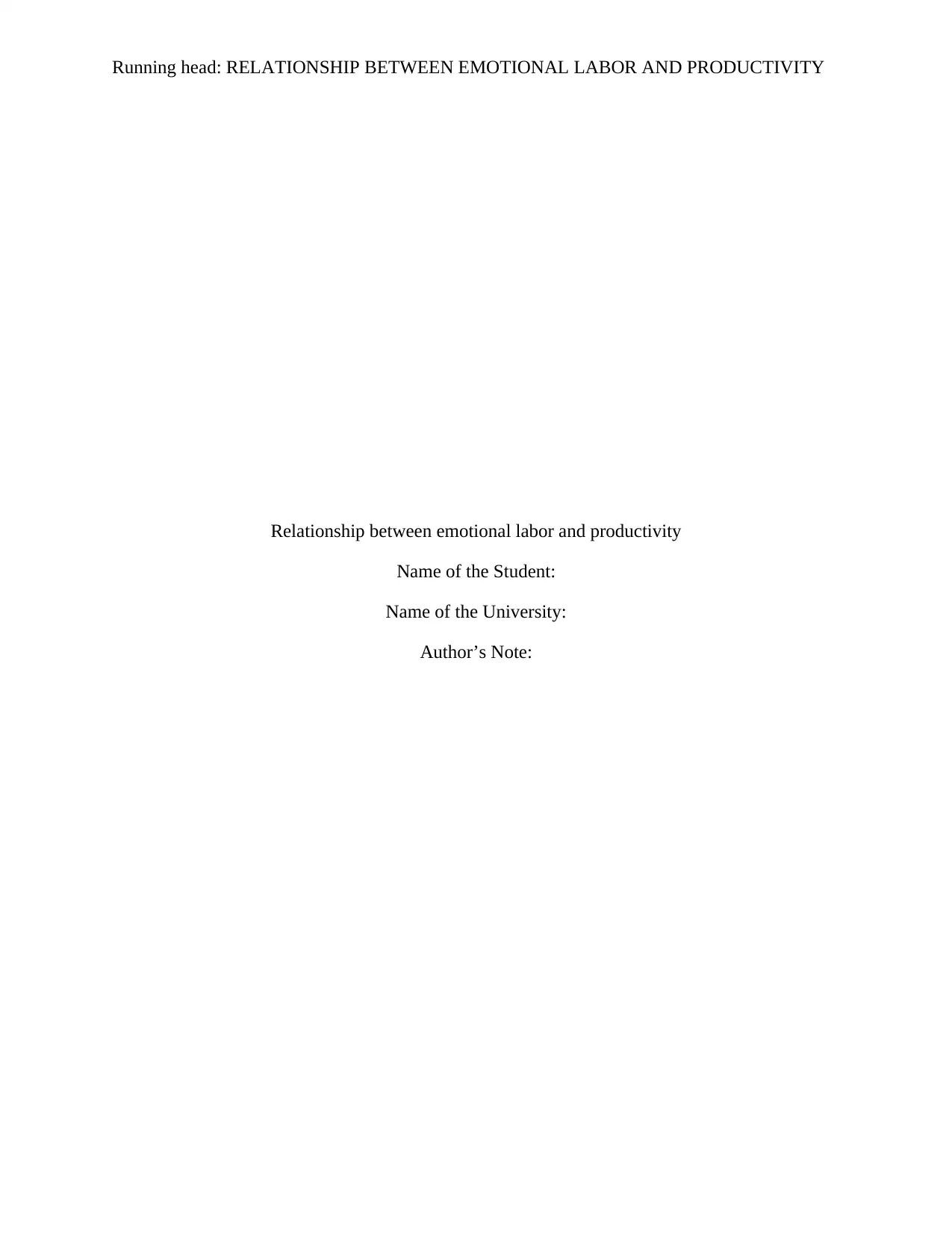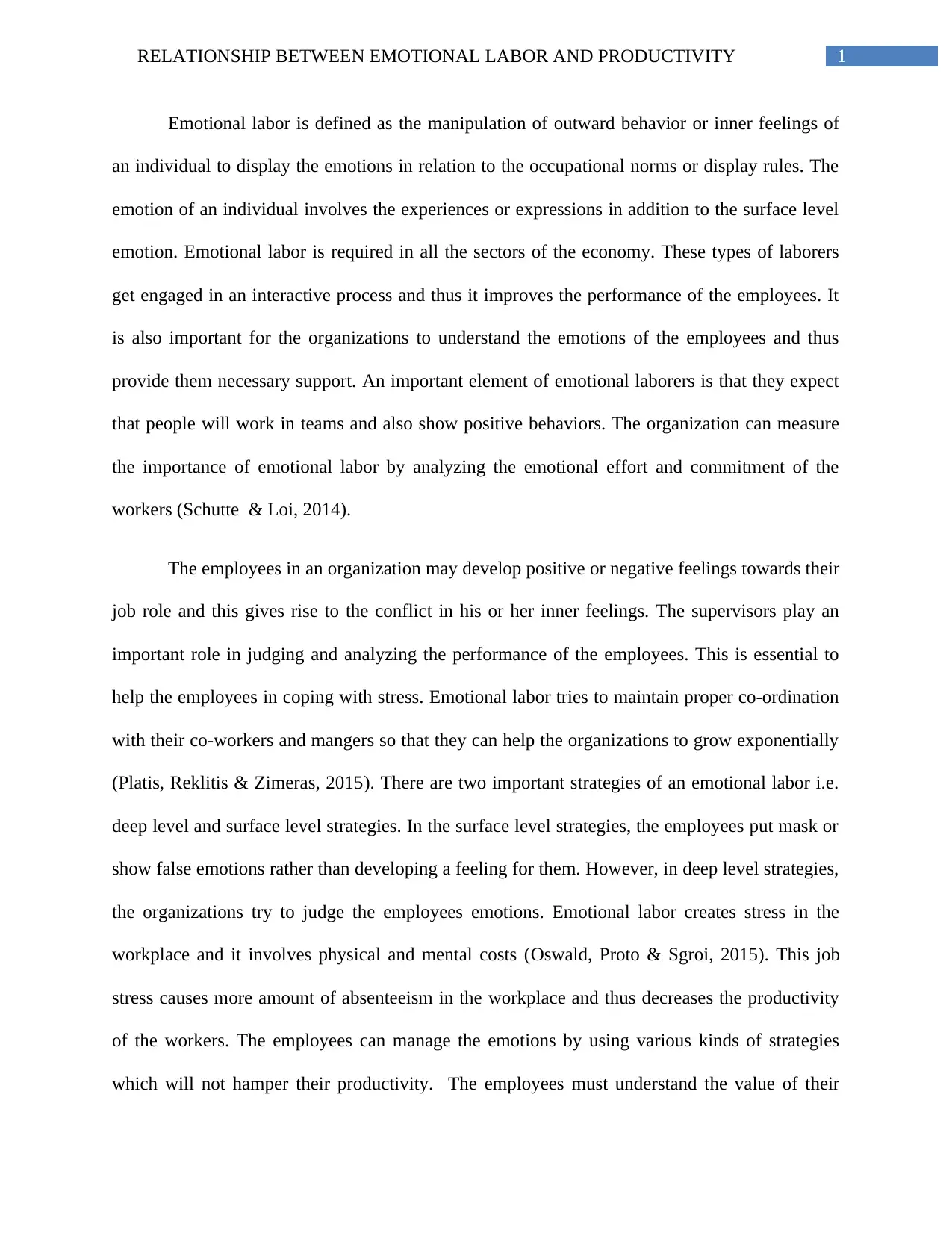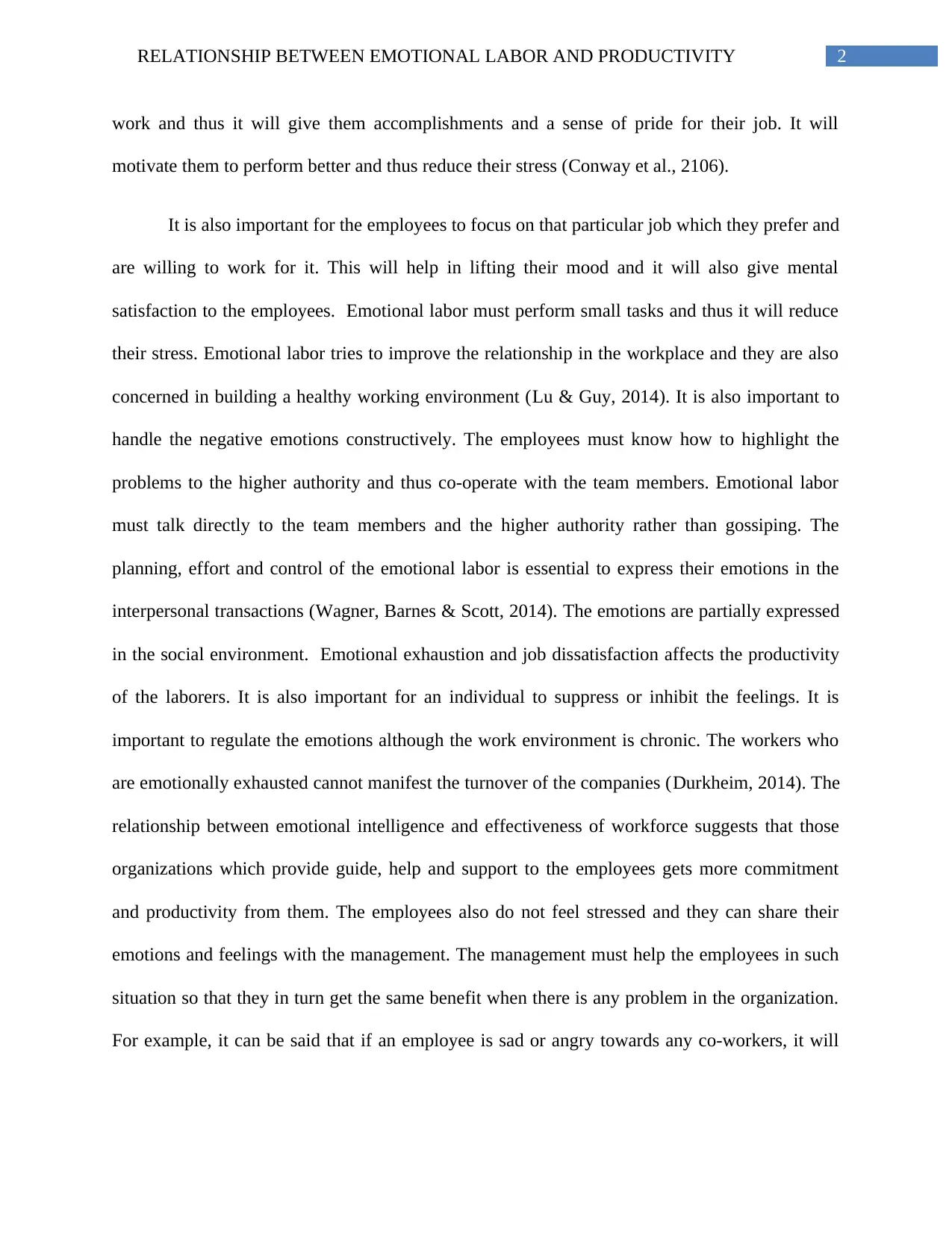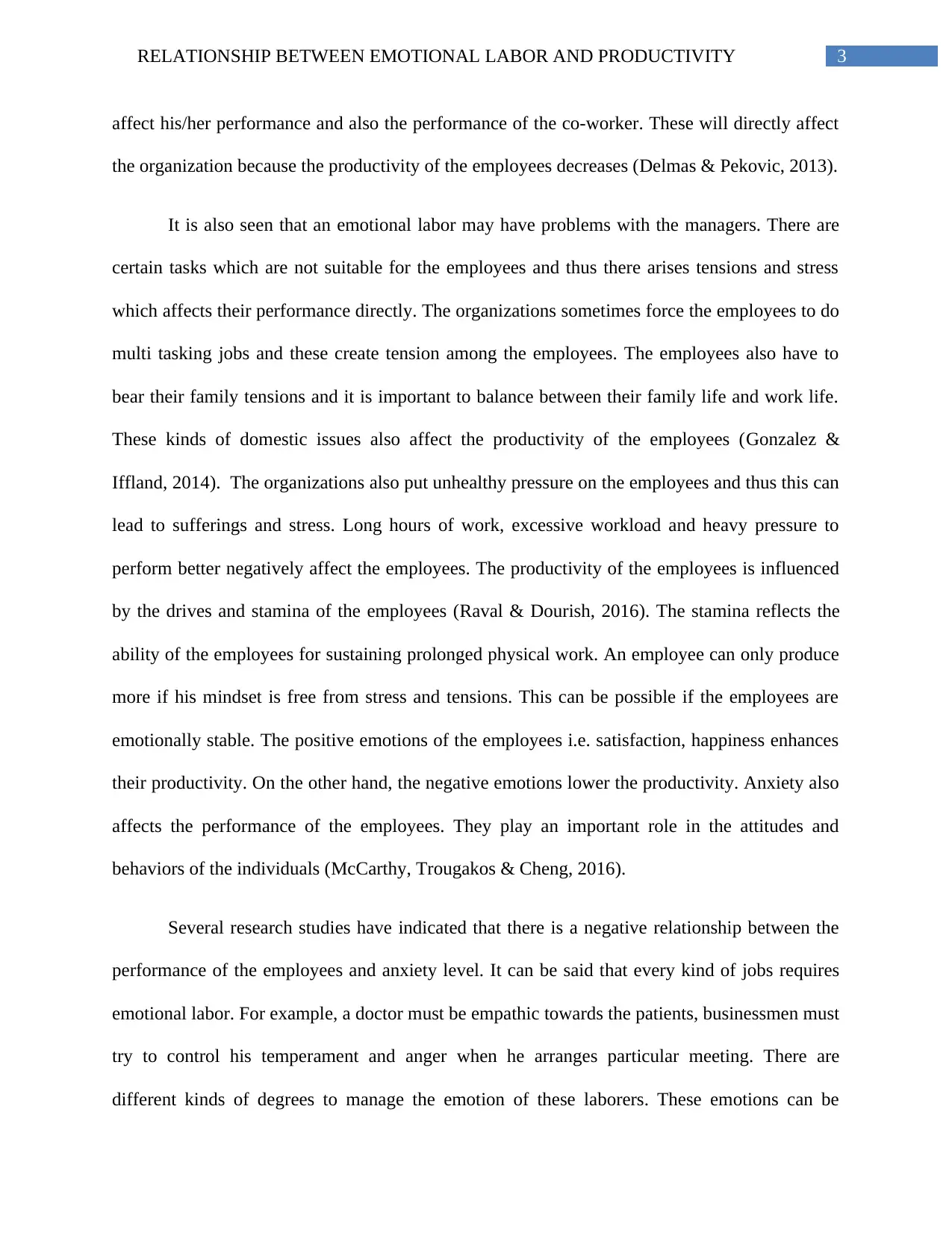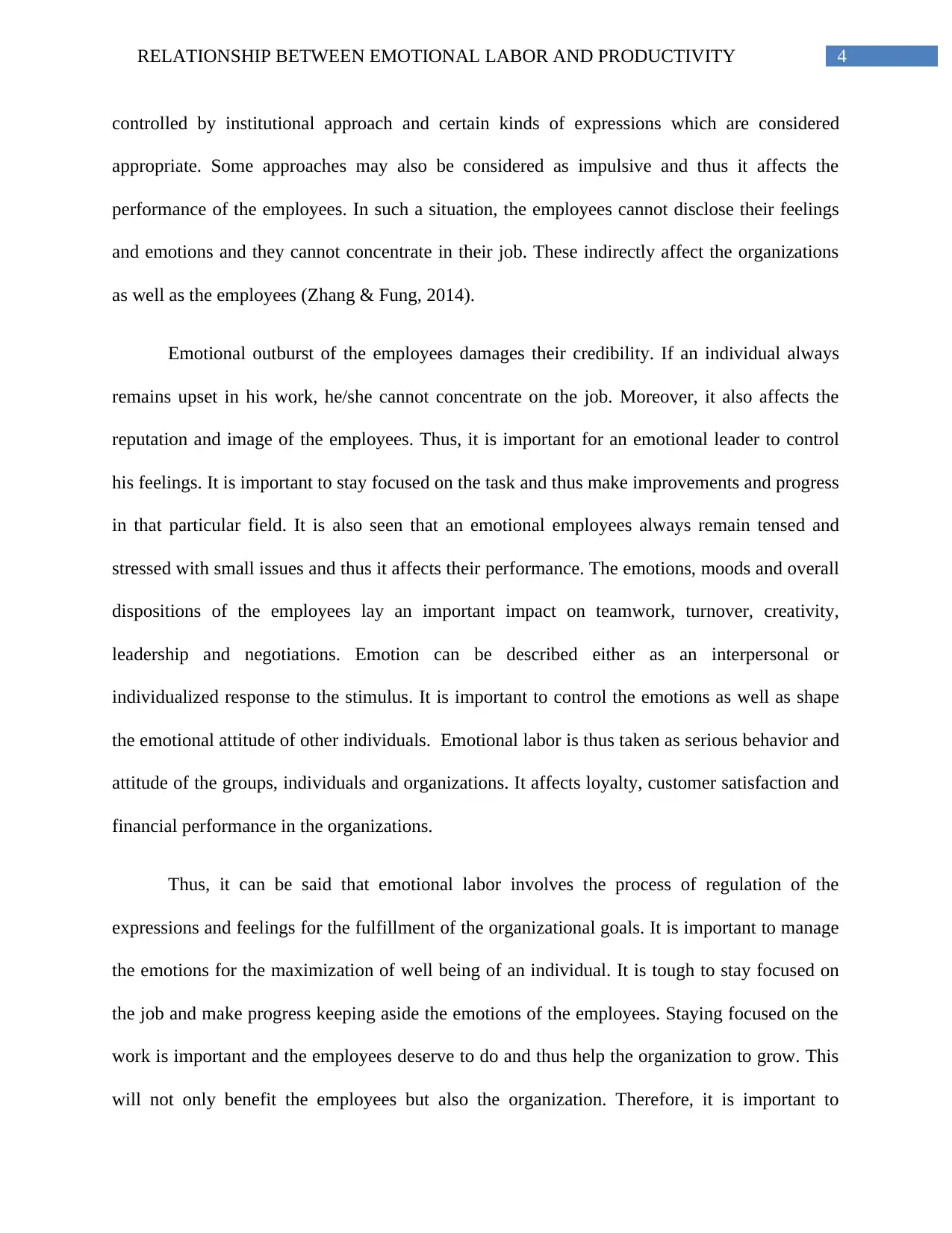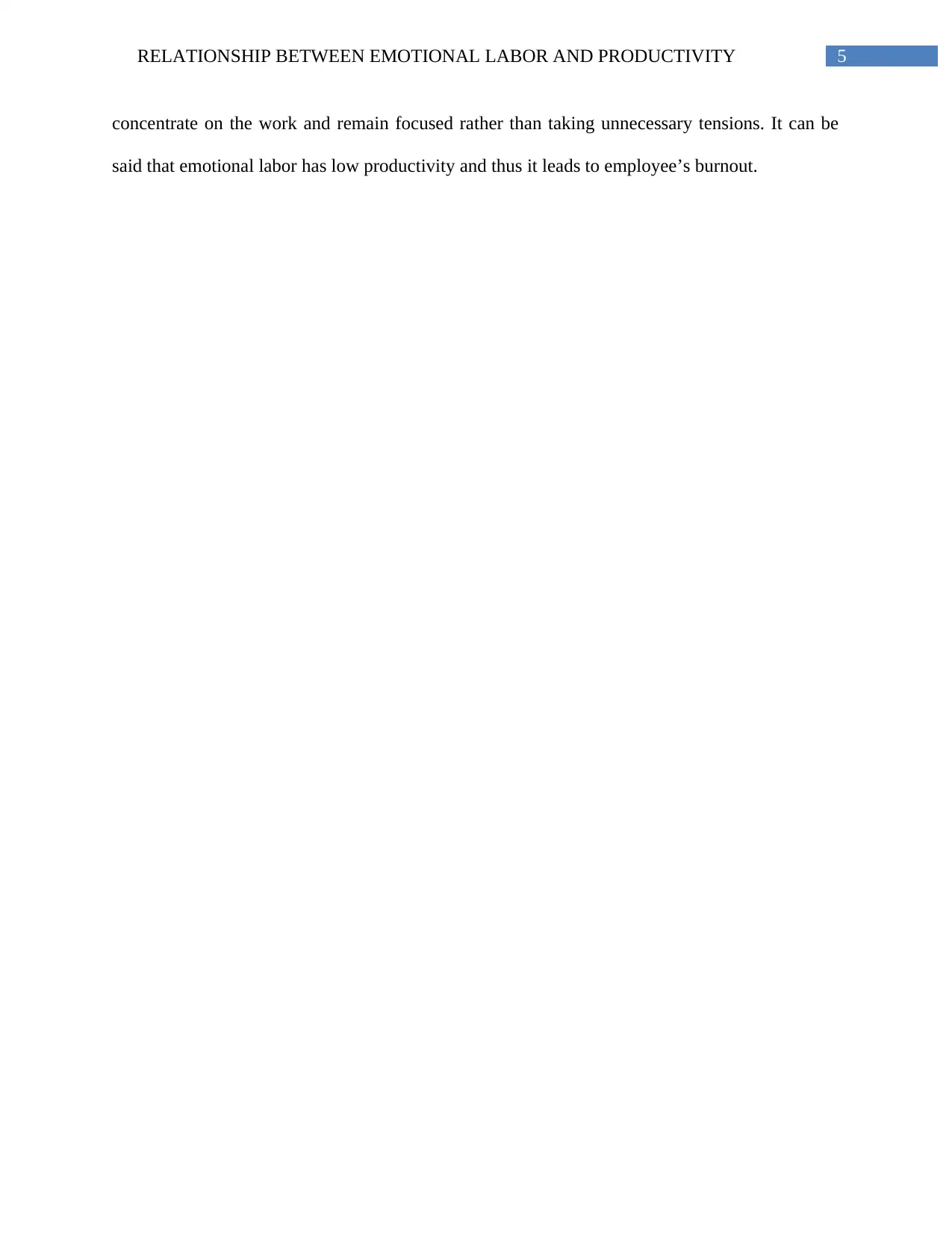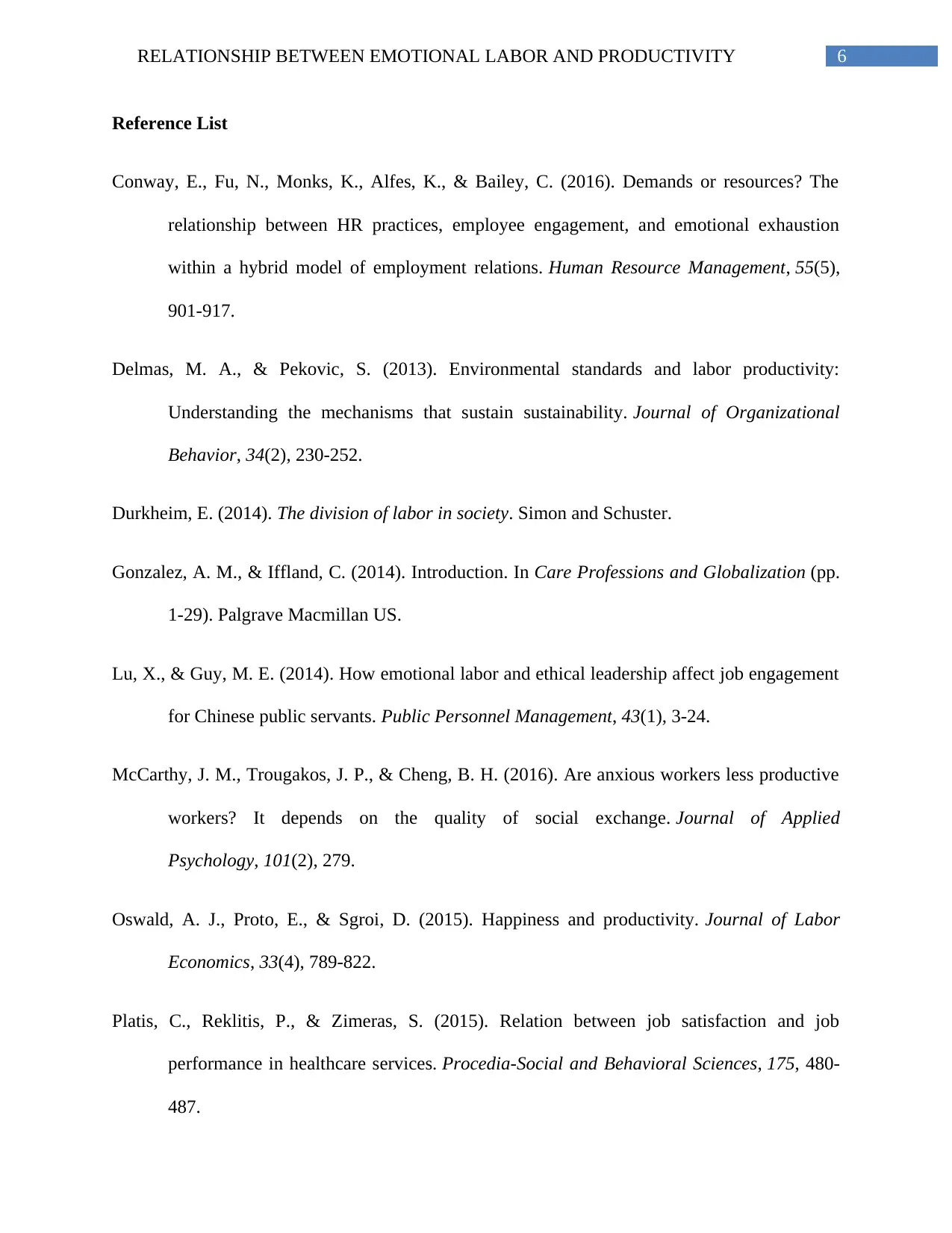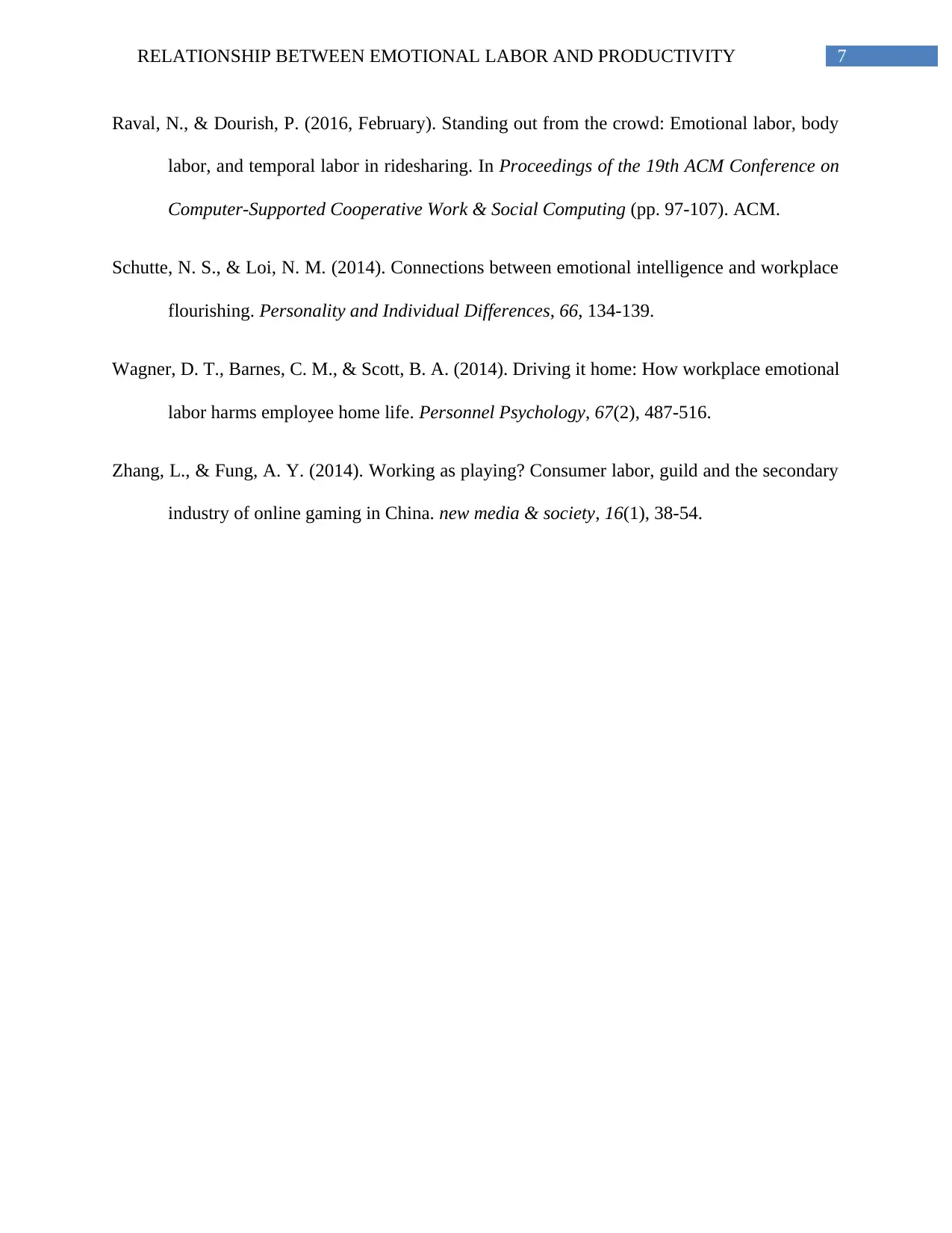The article discusses the concept of emotional labor, which refers to the process of regulating one's emotions for the fulfillment of organizational goals. The authors argue that employees' mental and physical well-being is crucial to their productivity, as excessive workload, long hours of work, and pressure to perform better can lead to suffering, stress, and burnout. Emotions play a significant role in an employee's performance, with positive emotions such as satisfaction and happiness enhancing productivity, while negative emotions like anxiety and stress can negatively impact it. The authors also highlight the importance of emotional stability, as employees who are emotionally stable are more likely to be productive and engaged at work.
![[object Object]](/_next/static/media/star-bottom.7253800d.svg)
![[object Object]](/_next/static/media/star-bottom.7253800d.svg)
